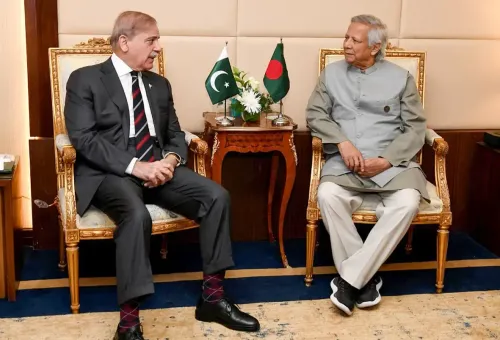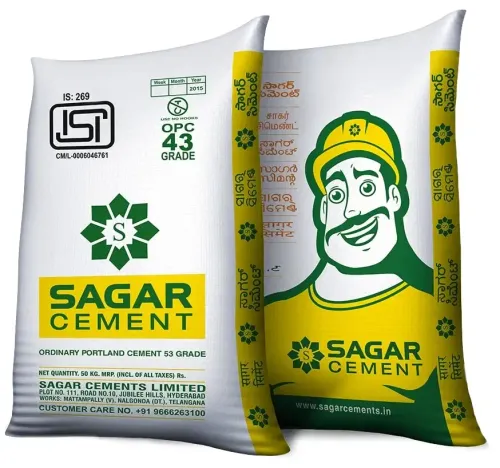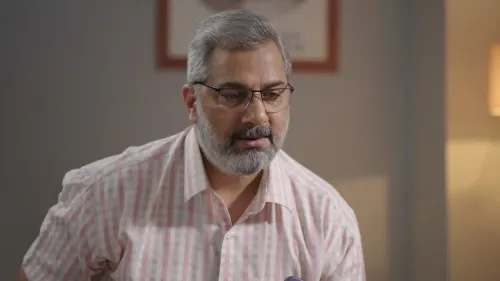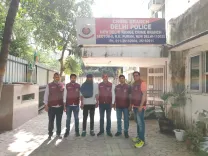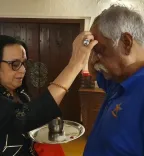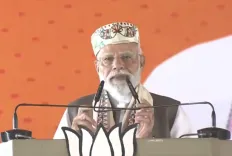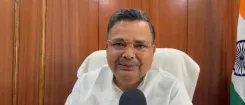Will the Nationwide SIR of Electoral Rolls Impact Tripura?
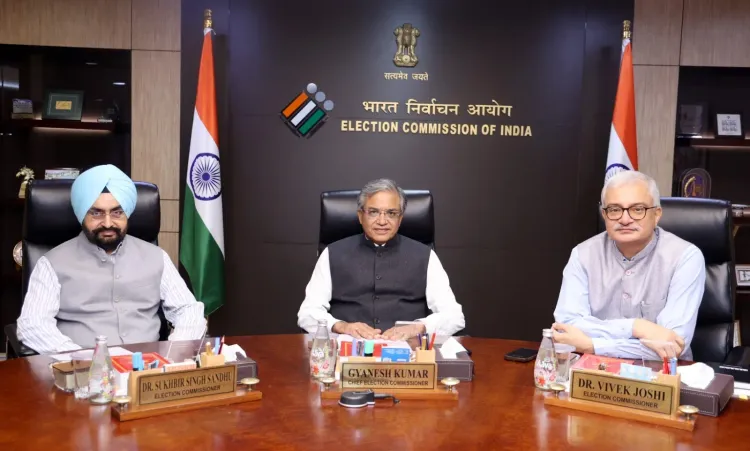
Synopsis
Key Takeaways
- Nationwide SIR to be conducted by ECI
- Focus on Tripura due to illegal immigration concerns
- TMP advocates for electoral integrity
- Urgent need for door-to-door verification process
- Impacts on indigenous communities highlighted
New Delhi/Agartala, July 23 (NationPress) The Election Commission of India (ECI) informed the Tipra Motha Party (TMP) on Wednesday that a Special Intensive Revision (SIR) of the electoral rolls will be executed nationwide, according to party leader Pradyot Bikram Manikya Debbarma following a meeting with the electoral body.
A nine-member delegation from TMP, headed by Debbarma, met with the full commission under the leadership of Chief Election Commissioner Gyanesh Kumar and advocated for the SIR to be implemented in Tripura, similar to the strategy currently being used in Bihar. The meeting at Nirvachan Sadan in New Delhi also included two Election Commissioners, Sukhbir Singh Sandhu and Vivek Joshi.
Post-meeting, Debbarma, a former royal descendant, stated that a principal topic of discussion was the urgent need for the SIR in Tripura, and the commission has assured that this revision will be carried out nationwide, including in Tripura. “The issue of illegal migration is affecting our state and the northeastern region. If we fail to identify illegal voters today, our future generations may face dire consequences. The good news is that the ECI has guaranteed the TMP delegation that the SIR will occur across the country, including in Tripura,” the TMP leader informed the media.
The TMP, in a communication to the ECI, requested the SIR of the electoral roll in Tripura, along with a detailed door-to-door verification process, akin to the model recently implemented in Bihar.
The tribal-centric party noted that Tripura has an 856-km international border with Bangladesh, a significant portion of which is inadequately fenced, creating substantial challenges in monitoring and curtailing illegal immigration. “The unregulated influx of undocumented immigrants has disrupted not only the socio-economic equilibrium of the area but has also diluted the electoral rolls, jeopardizing the democratic rights of indigenous tribal communities and compromising electoral integrity,” the TMP, a partner of the ruling BJP in Tripura, stated.
The TMP's letter, signed by Debbarma and two state ministers, Animesh Debbarma and Brishaketu Debbarma, emphasized: “It is now widely known that numerous illegal immigrants have acquired Electoral Photo Identity Cards (EPICs), Aadhaar cards, PAN cards, driving licenses, and even passports through deceptive means. Corrupt officials, local middlemen, and political leaders have facilitated these illegal migrants in obtaining these documents. In some instances, they have fabricated their Register of Residence (RoR) records for electoral gain. This situation transcends a mere Tripura issue; it poses a national security threat with grave implications for the country’s democratic framework.”
The TMP delegation reminded the ECI that in September 2012, approximately 146,000 illegal voters were identified in the state, prompting local media reports about a visit from the then joint Election Commissioner, Vinod Saxena, who directed local authorities to amend the electoral rolls. “Regrettably, despite the severity of the situation, these directives were never implemented, and the inconsistencies have persisted. Furthermore, an examination of the Census data from 1971 to 1991 reveals that Tripura's population growth rate exceeded the national average during that period, a trend that continues today and is evident in various demographic and electoral metrics,” the TMP asserted.
Earlier, TMP chief Debbarma remarked that illegal migrants threaten the socio-economic and cultural aspects of the state's indigenous population, particularly the tribes. “The government must adopt stringent measures to prevent illegal infiltrators from entering India. Those already residing illegally in Tripura and other states must be expelled immediately,” Debbarma told IANS.
The TMP initiated a broad anti-infiltration campaign throughout Tripura in May. The party’s senior leader and Minister for Forest and Environment, Animesh Debbarma, stated that no infiltrators would be permitted to remain in Tripura. “The government should deport those infiltrators who arrived in Tripura after March 1971,” Minister Debbarma affirmed.

